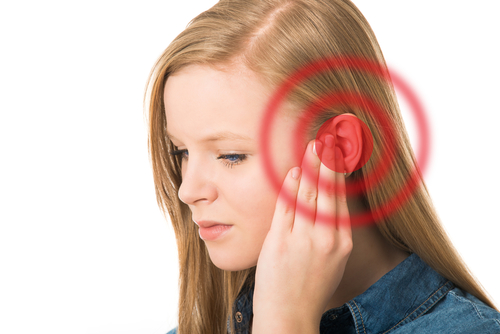DIAGNOSIS
Physician may do/request:
- History & Physical Exam
- Many people who have Fabry disease don’t get diagnosed until years after they first had symptoms since the symptoms are common and can affect so many different parts of the body.
- Family History of Fabry disease – you may wish to consult your doctor for genetic testing
- Blood test
- Measurement of of alpha-galactosidase A levels
- DNA test
RECOMMENDED MEDICATIONS
Enzyme replacement therapy (ERT)
- Replaces the enzyme that is missing or not working correctly so that your body can break down fatty substances the way it should.
- It is the only FDA-approved treatment for Fabry disease which will help ease the pain and other symptoms.
- You will probably visit an outpatient center every few weeks to get the enzyme injected into a vein.
The following may also be recommended:
- Drugs to relieve pain (prescription or nonprescription)
- Medicine for stomach problems
- Blood thinners or other drugs for irregular heartbeat or other heart problems
- Blood pressure medicine, which also helps protect your kidneys
Dialysis or a kidney transplant may be needed if the disease has caused serious kidney damage.
Regular monitoring tests may include:
- Blood, urine, and thyroid tests
- EKG (electrocardiogram)
- Measurement of electrical signals from your heart and can tell how fast your heart is beating and if it has a healthy rhythm.
- Echocardiogram
- ultrasound of your heart which can show if all the parts of your heart are healthy and if it’s pumping well.
- Brain Magnetic Resonance Imaging (MRI)
- Computed tomography scan (CT Scan)
- Hearing and eye exams
- Lung function test
- Assessement of how much air you breathe in and out, and how much oxygen is getting to your blood


